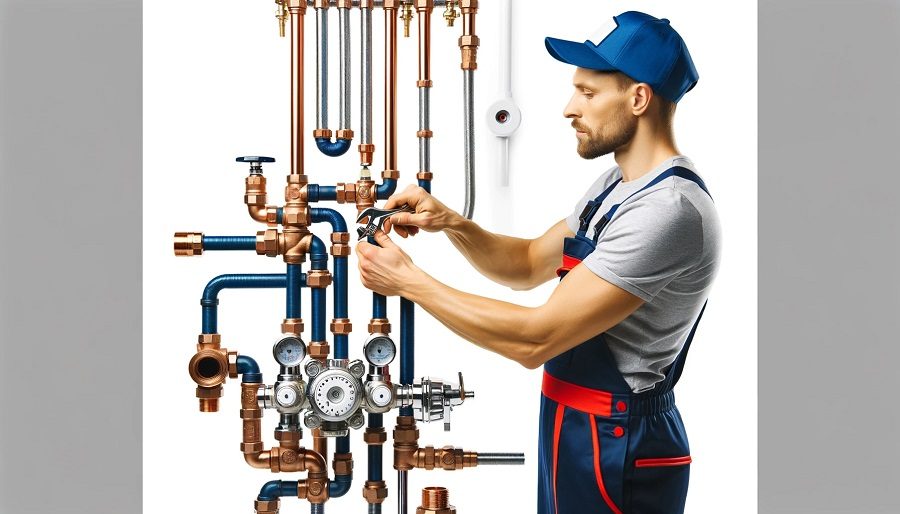Plumbing Services
Plumbing codes are essential guidelines designed to ensure safety, efficiency, and reliability in plumbing systems. Whether you’re a homeowner planning a renovation or a professional plumber working on a new installation, understanding these regulations is crucial. This blog post will delve into the key plumbing codes and regulations you need to be aware of, providing valuable insights for both homeowners and professionals.
Before starting any plumbing project, it’s essential to obtain the necessary permits. These permits ensure that the work complies with local building codes and standards.

Proper water supply and distribution are critical components of any plumbing system. Regulations include approved pipe materials, correct pipe sizing, and backflow prevention devices.
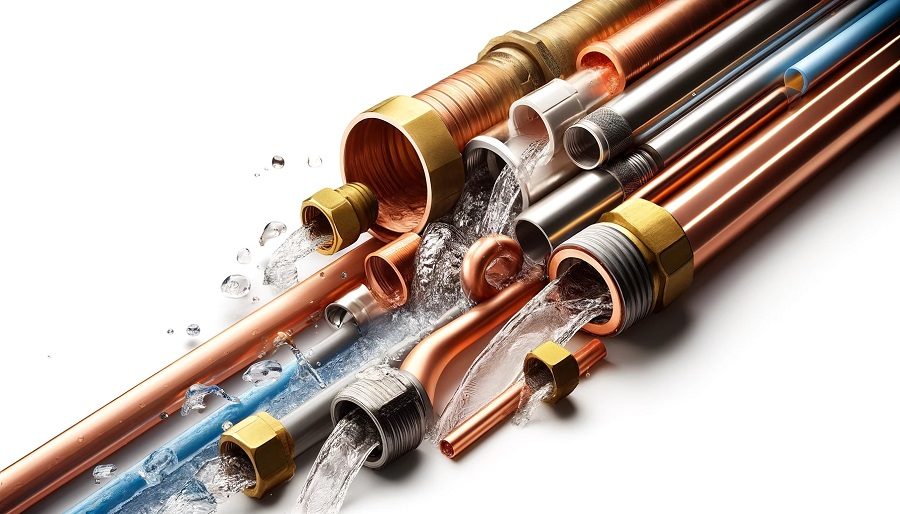
Efficient drainage and venting prevent blockages and ensure proper wastewater flow. Regulations cover slope requirements for drain pipes and the installation of vent pipes..
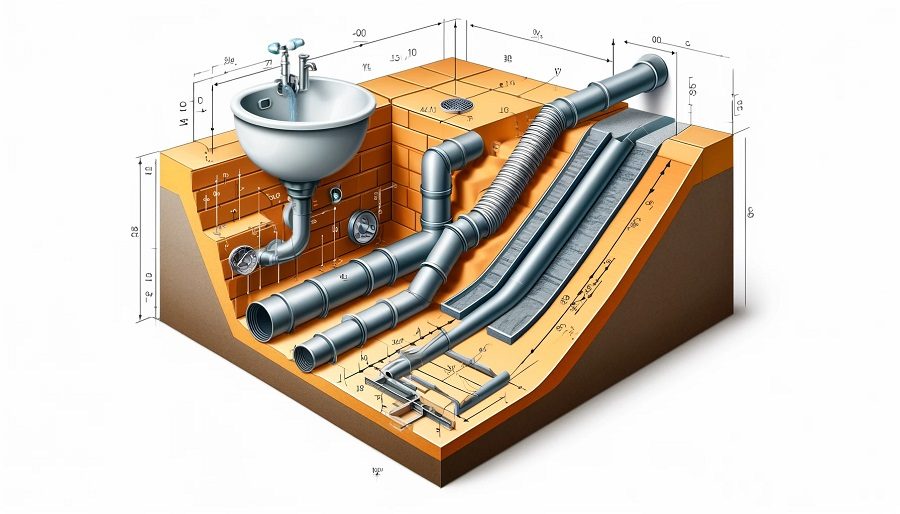
Regulations for plumbing fixtures and appliances ensure proper function and efficiency. This includes installation standards and the use of water-efficient fixtures.
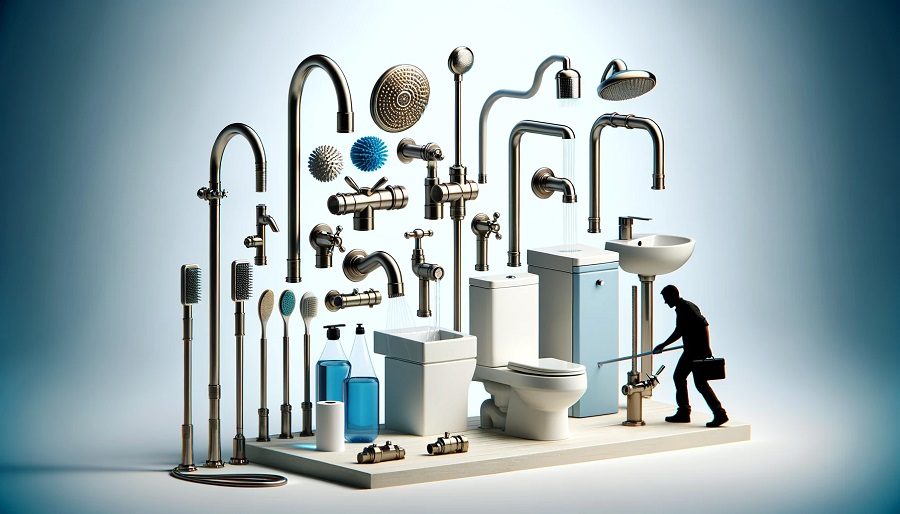
Managing sanitary and stormwater prevents flooding and contamination. Regulations mandate the separation of systems and proper wastewater discharge.
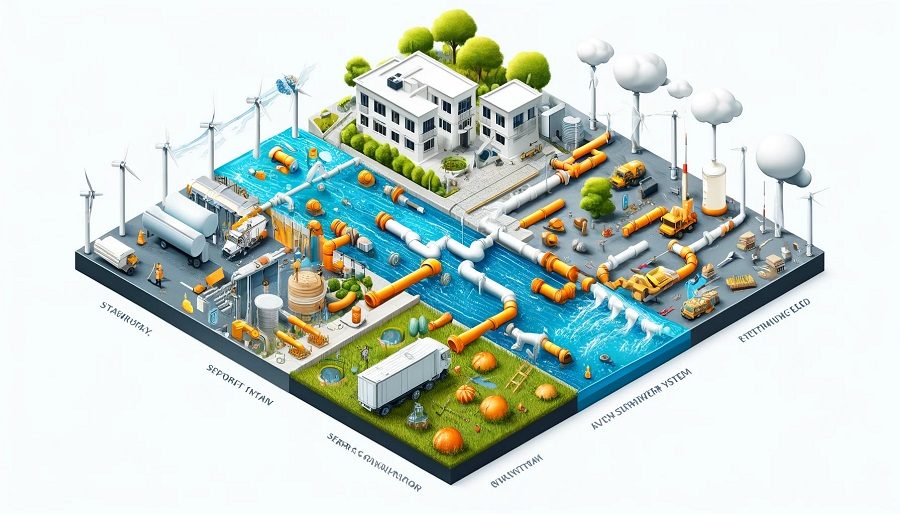
Common plumbing code violations include using unapproved materials, incorrect pipe sizing, improper venting, and failing to obtain permits. Refer to local codes and consult licensed plumbers to avoid these issues.
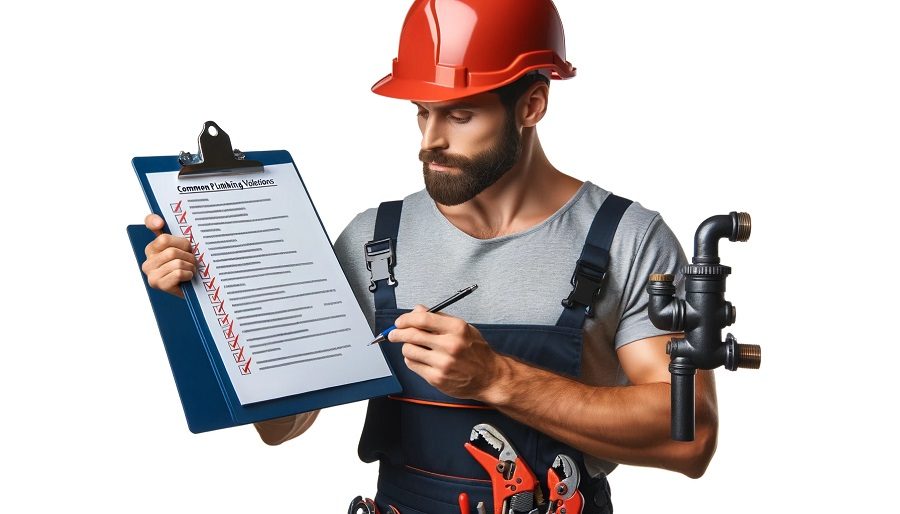
Professional plumbers ensure compliance with plumbing codes and regulations. They bring expertise to ensure that all installations and repairs meet necessary standards.
